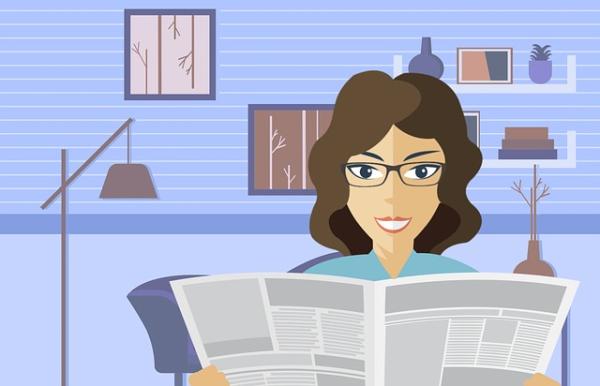“It’s hardly news that our E.M.R. systems have failed medicine, and yet an executive order from New York State, issued at the end of March by Governor Andrew Cuomo, amounted to a grim epitaph: “Health care providers are relieved of recordkeeping requirements to the extent necessary for health care providers to perform tasks as may be necessary to respond to the COVID-19 outbreak. . . . Any person acting reasonably and in good faith under this provision shall be afforded absolute immunity from liability.” A system designed to expedite and improve the delivery of health care was officially recognized as an obstacle.”
The wonderful physician-writer, Siddhartha Mukherjee, has begun to look at the fault-lines COVID-19 has exposed in our health systems. From the Atlantic, What the Coronavirus Crisis Reveals About American Medicine. I particularly like this
“Simchi-Levi is particularly interested in two variables that could serve as metrics for resilience. The first is the “time to survive”; that is, how long can an enterprise endure when there’s a sudden shortage of some critical good? The second is the “time to recover”: how much time will it take to restore adequate supplies of some critical good? By quantifying each variable under different scenarios, a business can model its ability to recover from a disaster.”
Public schools have a significant problem in taking a wide range of individual students and abilities and trying to turn out an educated citizen. We all know the stories around cheating to get into college, and many of us have had the benefit of a “gentleman’s” passing grade when we really should have failed.
“A federal appeals court has found that children have a constitutional right to an opportunity to learn how to read.
The decision on April 23 in a case involving the Detroit public school system finally answers a question the Supreme Court has avoided for nearly four decades: Is there a federal right to a basic education in the United States?
Although state constitutions each contain a right to education, state courts interpret these rights in very different ways. As a result, in states like Michigan, children are only guaranteed the ability attend to a public school, not to receive an education of even a minimal level of quality.”
Will graduating finally mean something fundamental and essential? From The Conversation, Kids have a right to a basic education, according to a new legal milestone
Why did we have to wait for the court to intervene?
You have to pity those ignorant physicians in history, ascribing a range of ailments to the miasma – a mythical description of foul air arising from stagnant water like swamps. Fast forward to modern times, and we are no longer so superstitious ignorant because we have replaced the fear of miasma with a fear of aerosol. Are we smarter, or has the terminology been updated?
“An aerosol is a clump of small liquid or solid particles floating in the air. They are everywhere in the environment and can be made of anything small enough to float, like smoke, water or coronavirus-carrying saliva.”
From The Conversation, Coronavirus drifts through the air in microscopic droplets – here’s the science of infectious aerosols
“Societies reveal their core values at moments of crisis, first by clarifying and then through a political reaction to what that crisis revealed. The clarification usually takes a few years, because we have to let the illusions drop before we can assess our real situation clearly and build new political options. …
After decades of assuming that stuff just shows up on shelves, we are now seeing how production really works, and why we are having such a tough time producing and distributing the things we need, or having such trouble with basic institutional competence, things like testing and tracing or distributing protective equipment.”
From Matt Stoller, A Government of Corporate Monopolies




